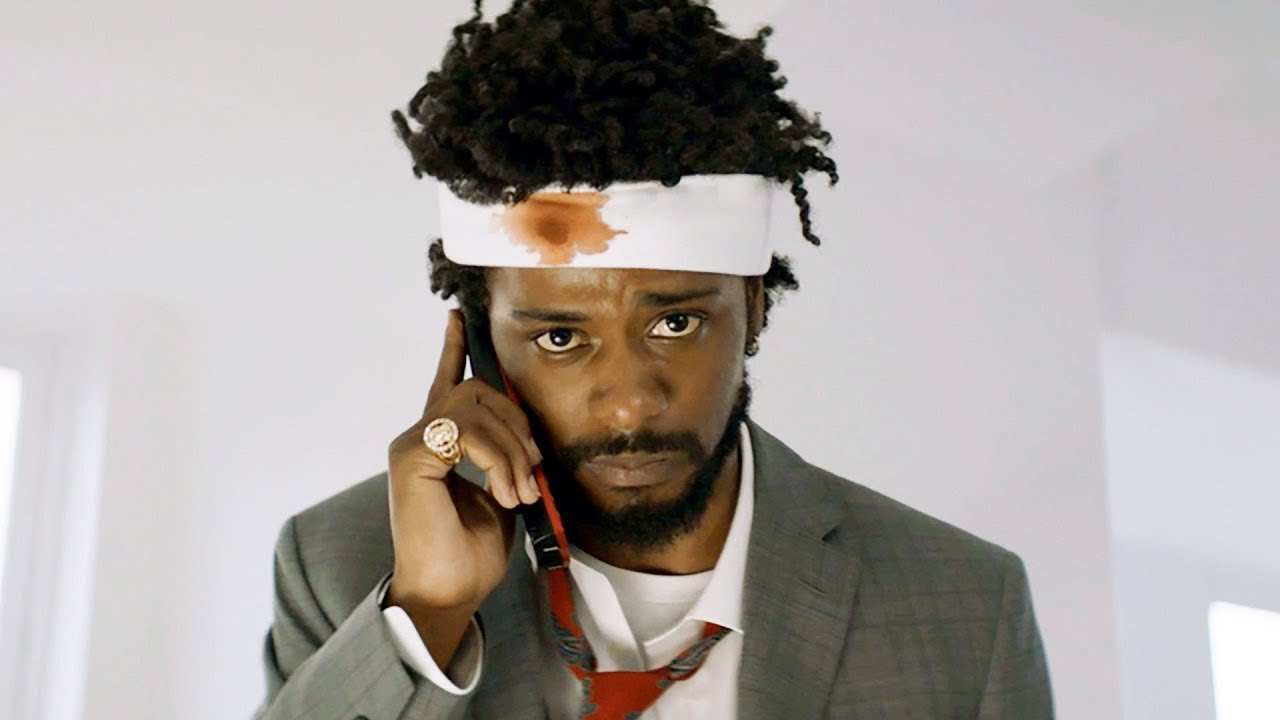The Best 'Neighbor' We Could Ever Ask For

Directed by Morgan Neville of “Best of Enemies” and “20 Feet from Stardom” fame, “Won’t you be my Neighbor?” focuses on the life, legacy, and endeavors of Presbyterian minister Fred Rogers, who would go on to impact generations of children and adults with his television series “Mr. Rogers’ Neighborhood” for a period of more than 33 years.
Courtesy images
Even 15 years after his unfortunate passing and almost 17 years since the end of his television series, the status of Rogers as an icon has undeniably endured despite his diminished presence, although the precise nature of his impact may be rather obscured by the nature of pop cultural osmosis more often than not focusing purely on his overly polite demeanor, often to the effect of affectionate parody.
At a time when the presence of television was truly beginning to worm its way into the homes of families across the nation with the majority of its appealing content lacking in subtlety, Rogers dared to use the burgeoning format to develop a relationship with child viewers in the interest of instilling within them the value of quiet, meditation, and even life lessons about serious issues they’ll have to inevitably tackle as adults, including death, politics, war, tolerance, and even mental and emotional health. He firmly believed that children didn’t need to be talked down to, simply met on the same level and he managed to utilize that subtlety to teach entire generations to not reject their fellow man because of skin tone, that it’s alright to not be happy all the time, and that there are things in this world that will seek to bring you harm but you can always find loved ones to seek solace with.
Rogers’ forward thinking views and aims to promote knowledge and self esteem towards children have granted him an almost saintly perception amongst culture in general that some find almost too good to be true. What Neville manages to do, through a picture painted by interviews with his cast mates, production crew, family, and footage of the children whose lives he’s touched is somehow lionize the man further by humanizing him, and in the process demonstrating how badly modern America needs its own Mr. Rogers today.
For all that he managed to accomplish, Fred Rogers was a fairly unassuming man. He was a good father, a loving husband, a man who stayed in shape, and very forward thinking on the issue of race relationships, personally hiring African American François Clemmons to portray his good friend and neighborhood police man, Officer Clemmons, befriending the man and claiming to him that he can trust him to not “kiss my ass.” That particular tidbit peels back the layers of the man seen on television screens and into the similar but relatable real Fred Rogers, who had a healthy sense of humor both on set and at home.
“Won’t You be my Neighbor?” covers Rogers’ impact in tandem with the state of the man himself, revealing someone who could be equally lighthearted as he could ambitious. He was a man that wanted to bring out the best in people despite being plagued with spells of intense self doubt as to whether or not his work has any true meaning in the long run, especially in the face of tragedies such as the assassination of President Kennedy and the events of September 11, 2001. Most importantly, he was still very much a flawed human being, initially struggling to reconcile Clemmons’ homosexual orientation with that of his faith before eventually accepting his friend for who he is and coming around, but nevertheless striving to hide it from those that could expose him while on the show, fully aware that regardless of his own personal views, the American public’s capacity for tolerance will only extend but so far at a given point in history.
Mr. Rogers was ultimately nothing more than an ordinary and mostly drama free person, who ran a long running children’s show. While that lack of juice material could seem detrimental at a distance, seeing this image of a man contributing to the crucial development of American youth is just plain heartwarming.
“Won’t You Be My Neighbor?” won’t change the almost relentlessly disgusting state of society, but, for just a few minutes, it makes you want to let go of the hate you feel in life, see that person that may have caused you frustration, and give them a hug —before you go back to wishing them the worst the next day.
5 out of 5
Graduating from Texas A&M University—Commerce with a bachelor's degree in News and Editorial Journalism, Jordan Wright has lived most of his adult life professionally critiquing films, from major blockbusters to indie dramas, and has no intentions of stopping.








